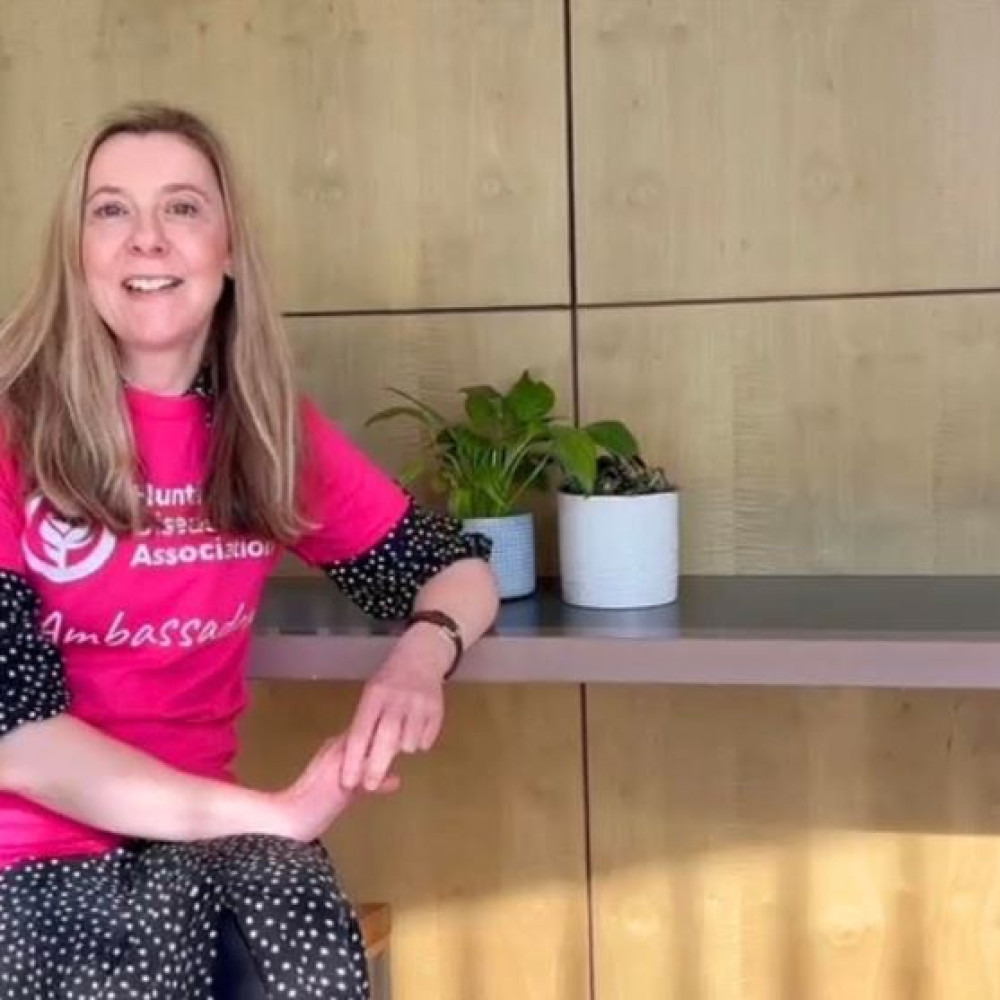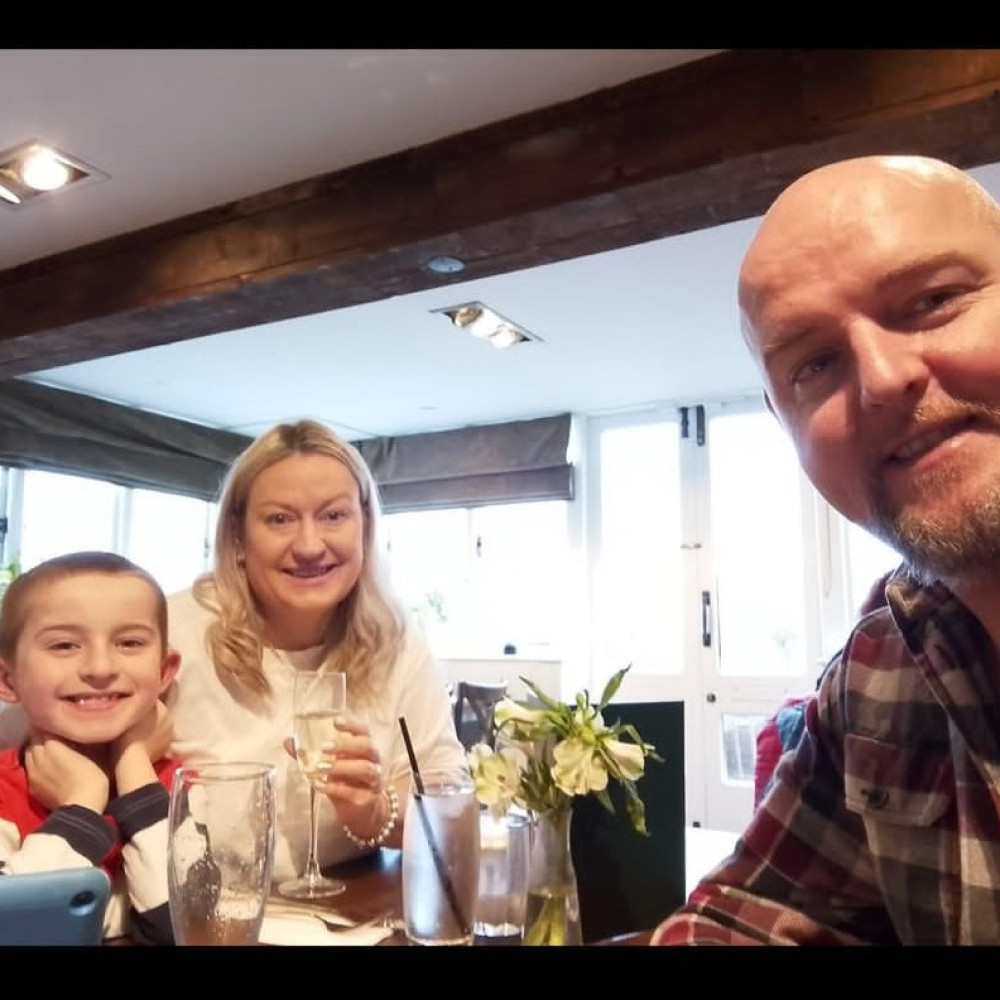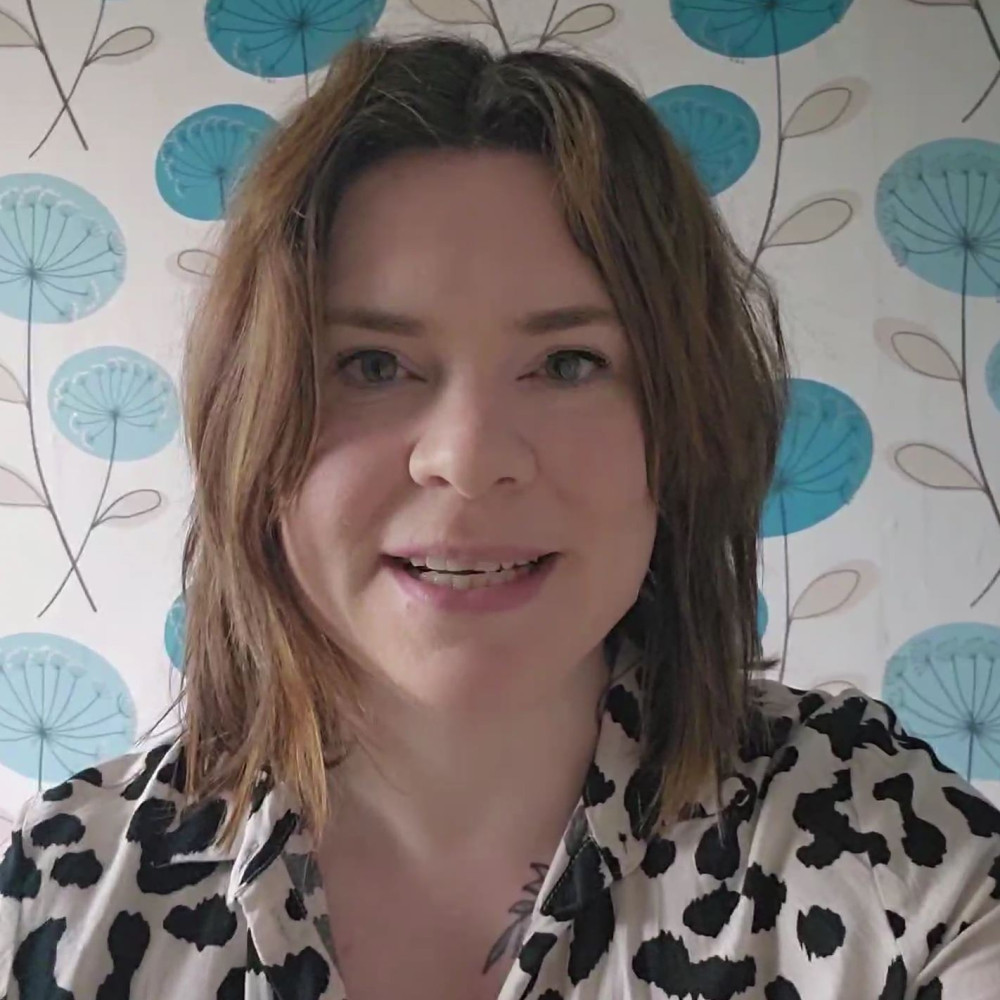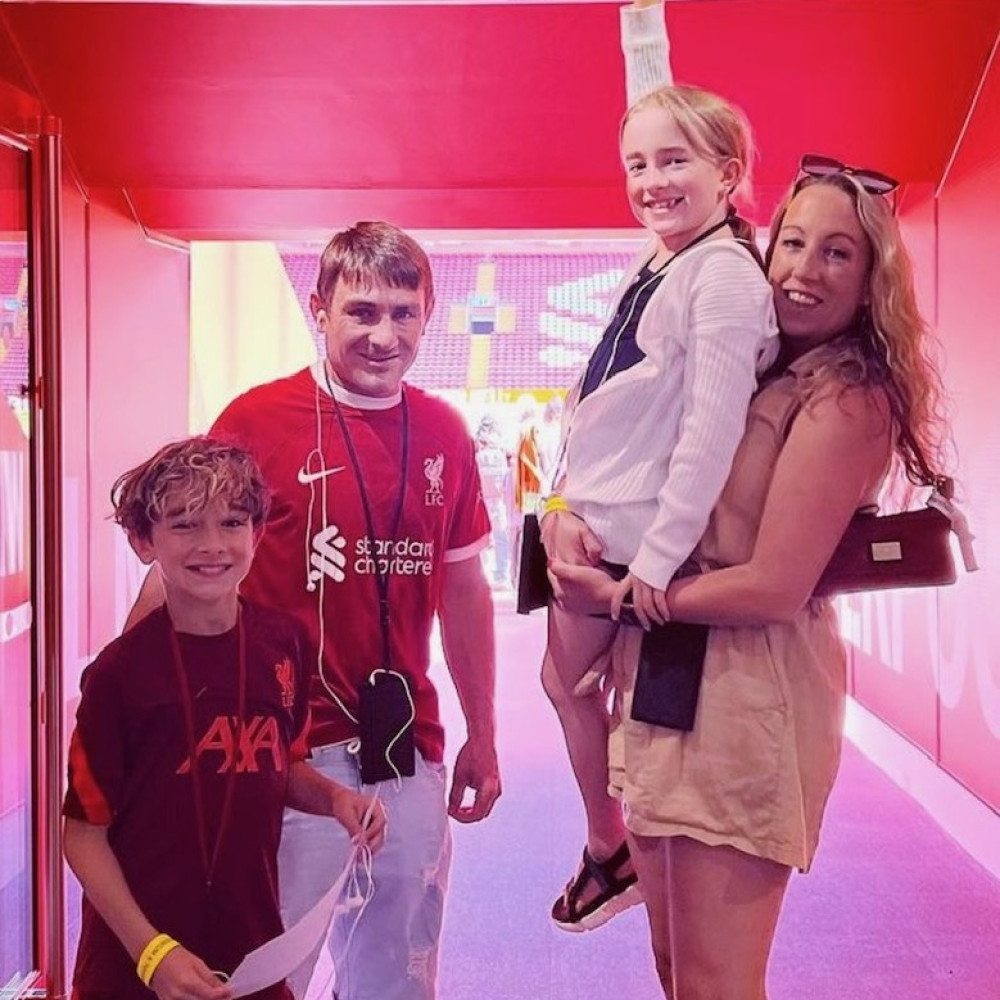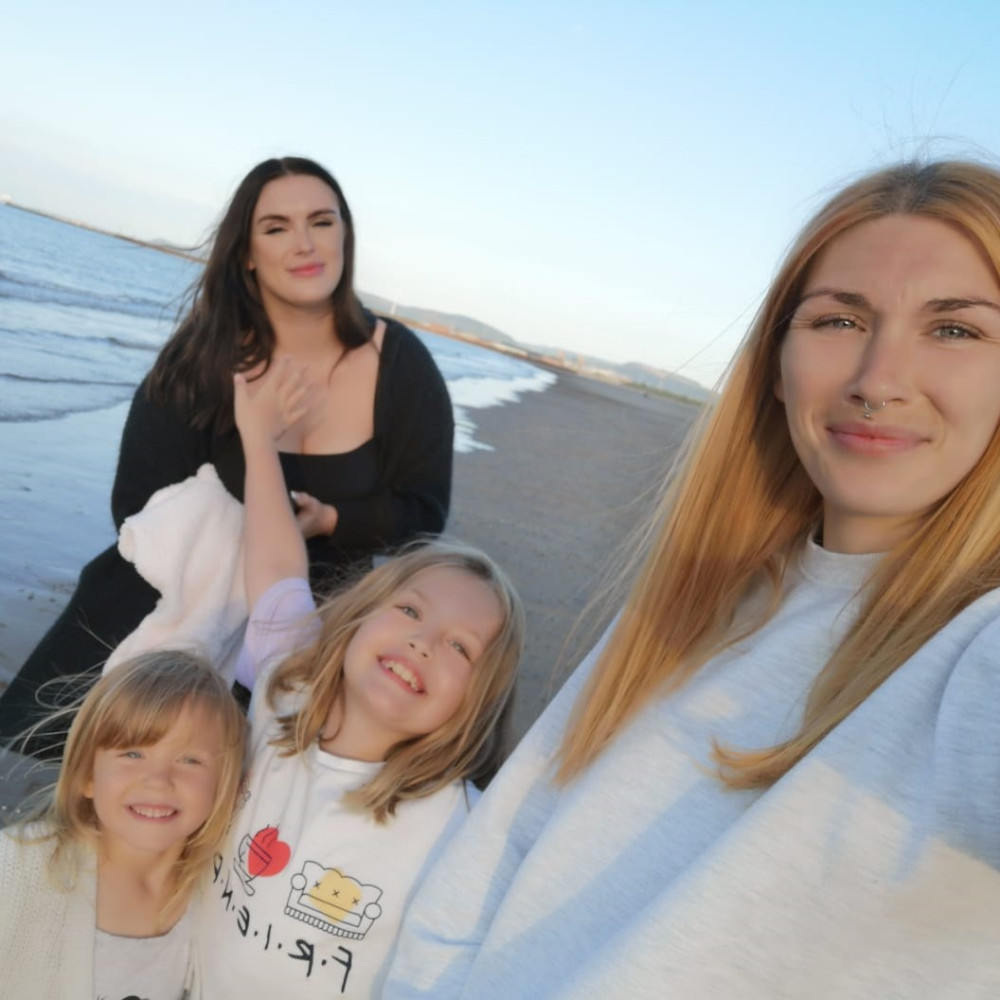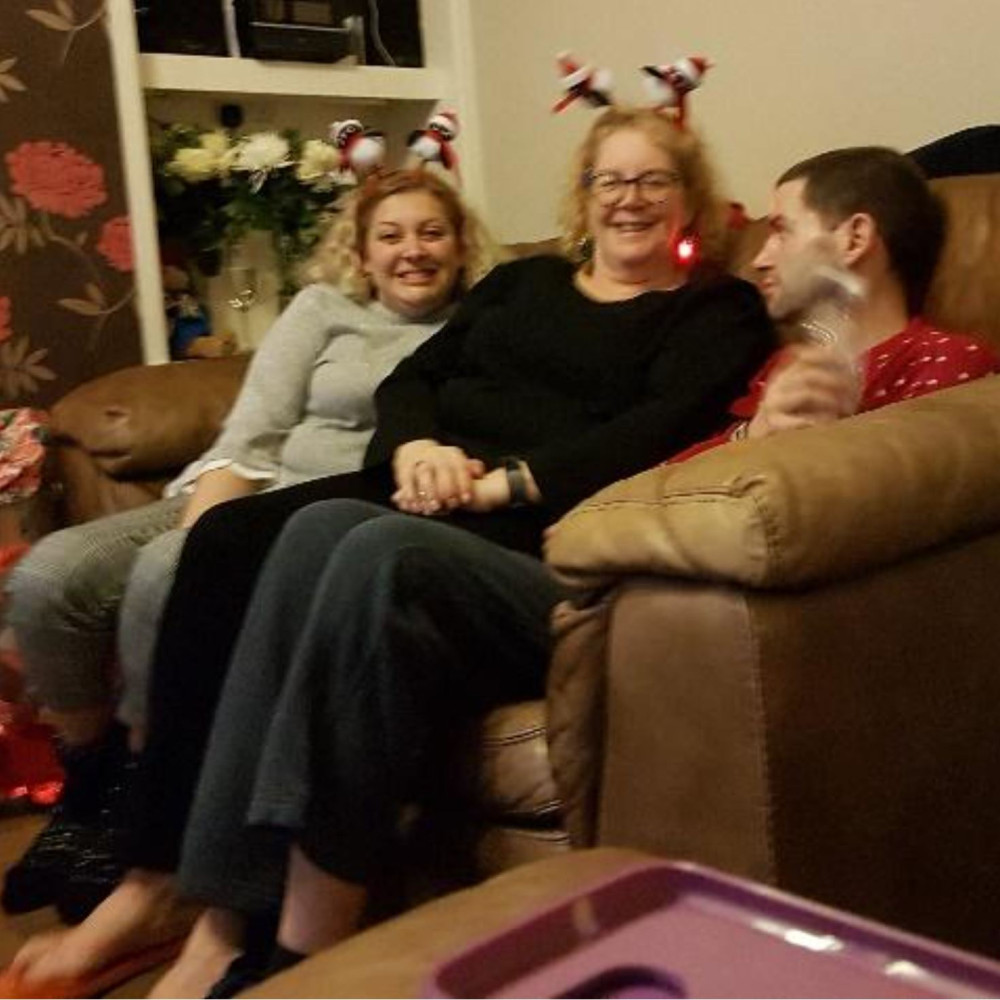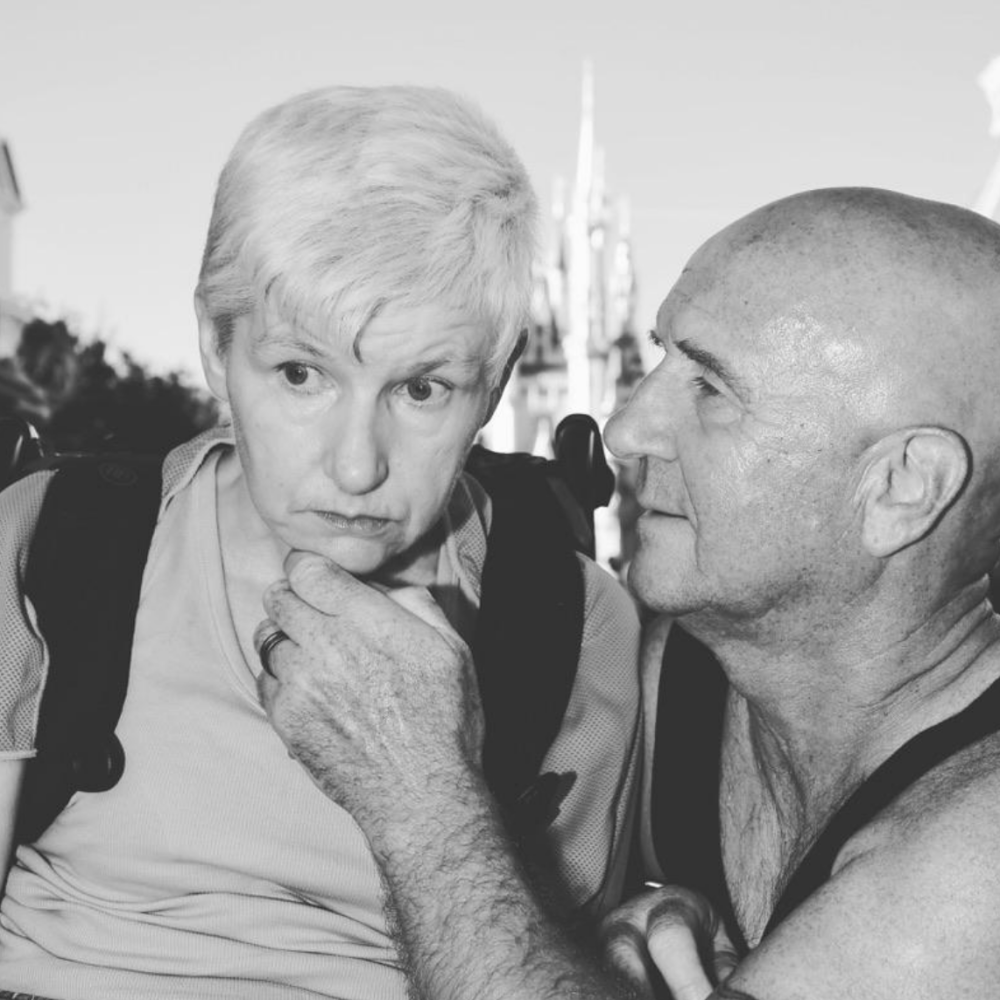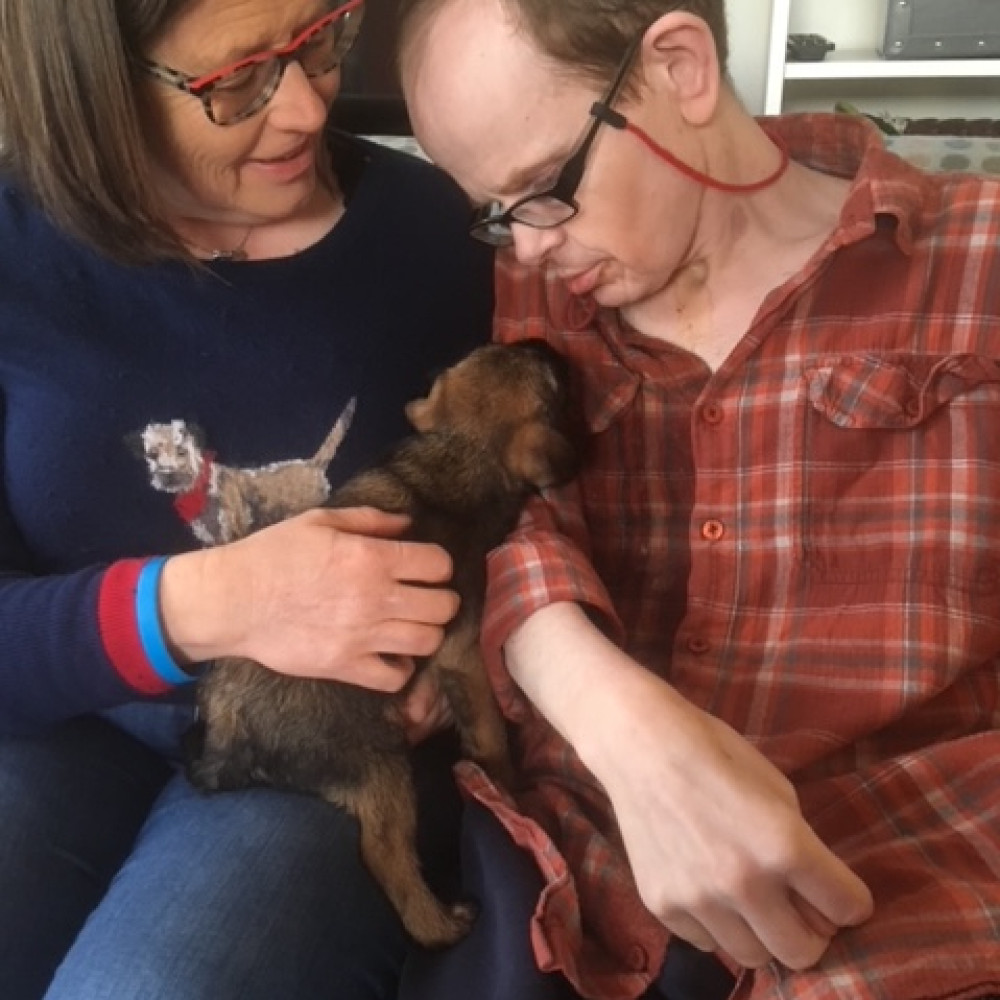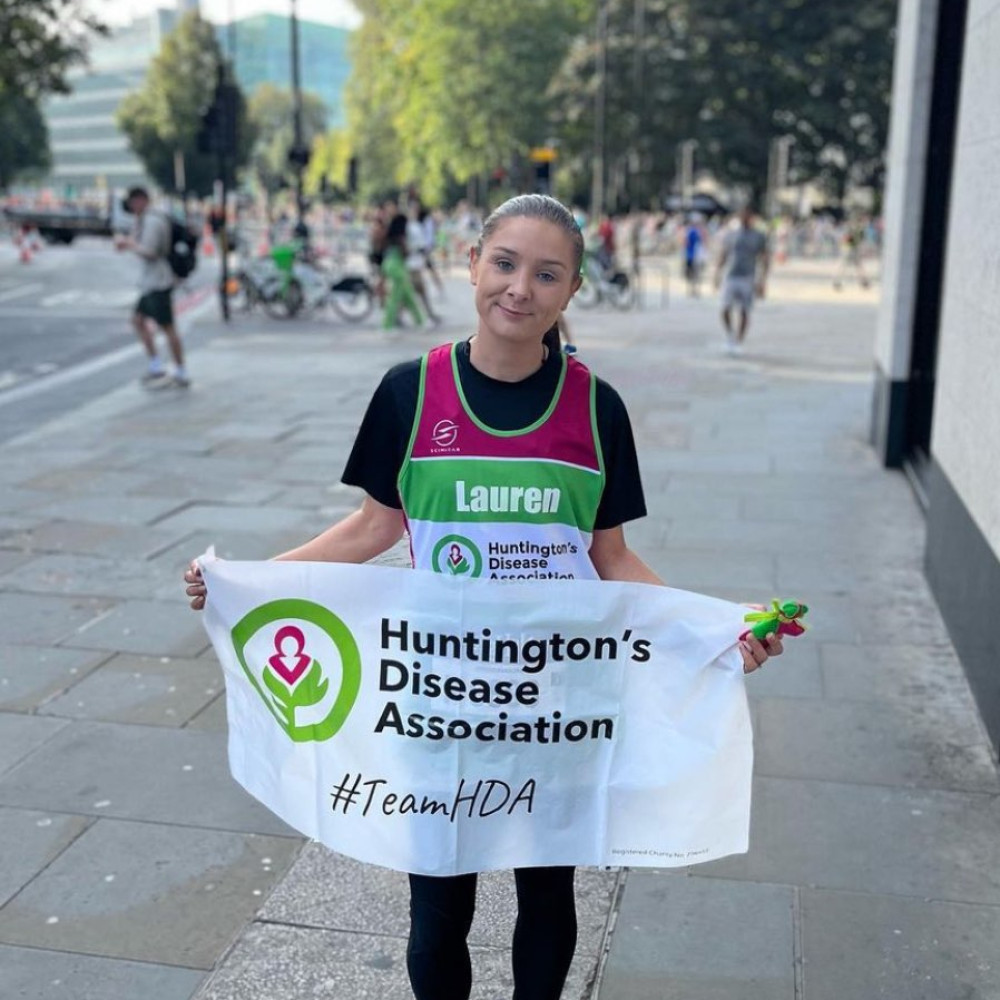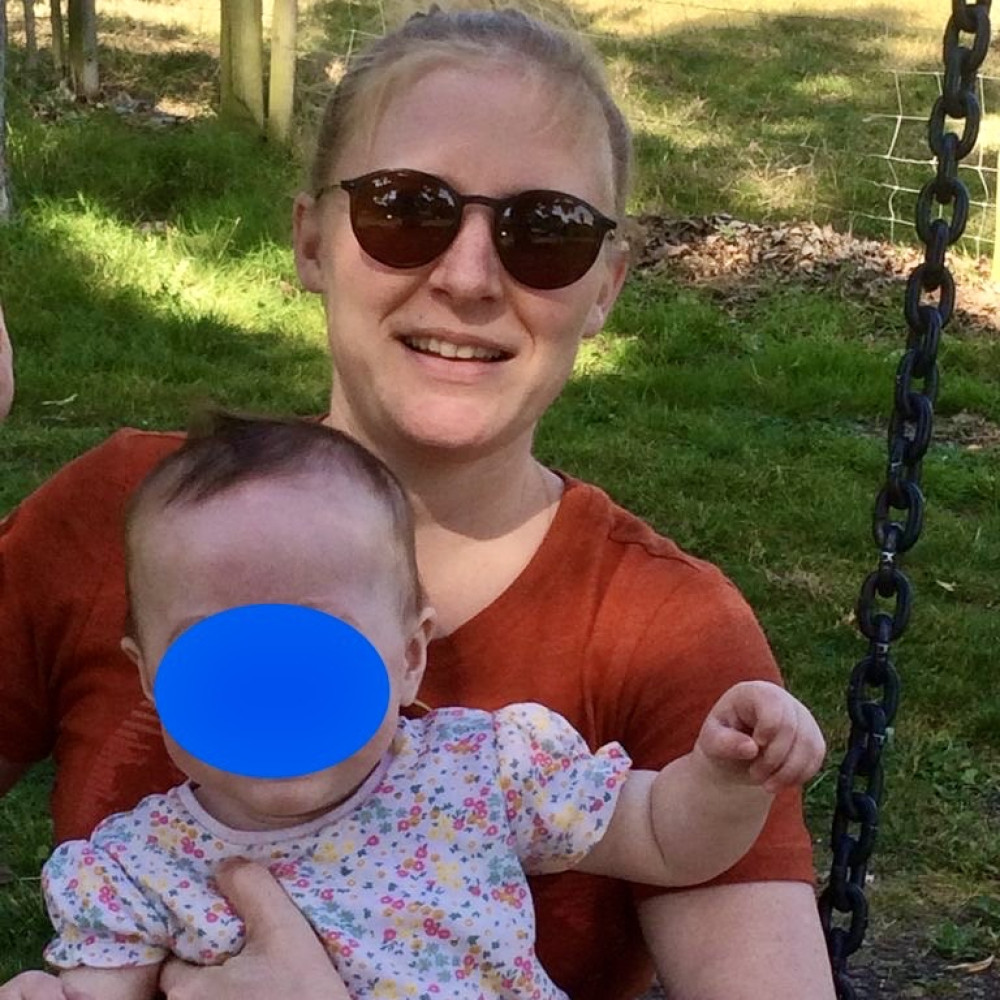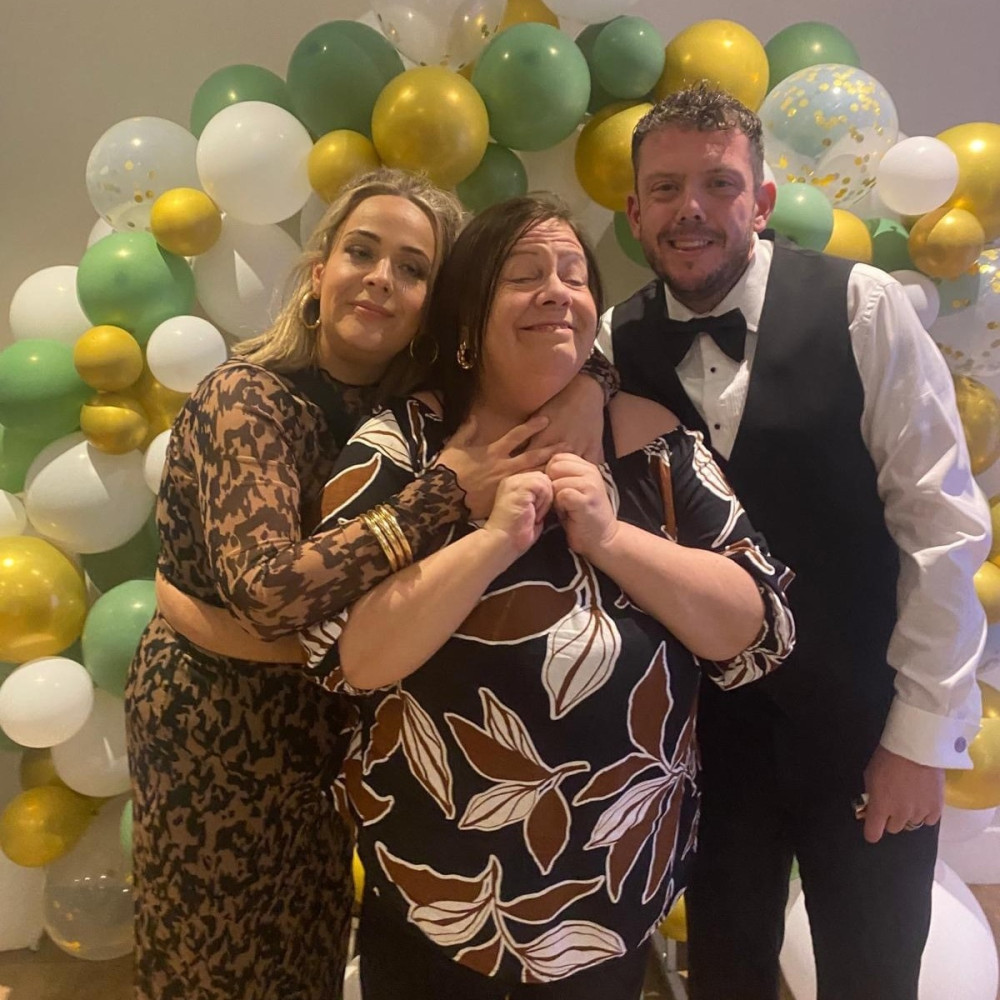Luke
When my mum (Sharon) was diagnosed with Huntington's disease at just 32. The psychosis episodes led to her being sectioned, and her once-graceful movements deteriorated into a struggle for basic mobility. By the age of 54, she needed full-time care, and I had to make the heartbreaking decision to place her in a care home. Balancing a full-time job, caring for my own family, and trying to support my mum was an overwhelming strain. Before Mum went into the care homes, she used to have agency care staff that went around to check on Mum, the care home staff didn’t initially understand the complexities of Huntington's, leading to inadequate care and distressing situations for her—like the times she fell, struggled to dress, or even set her hair alight. Thankfully the care home carers grasp the intricacies of her illness, providing her with the compassion and support she needs.
Huntington's disease is more than just a genetic condition; it's a profound journey that affects every aspect of life. I wish people knew that those living with it aren't just fighting physical symptoms—they're facing emotional and mental battles every day. Compassion and understanding can be the best medicine.
